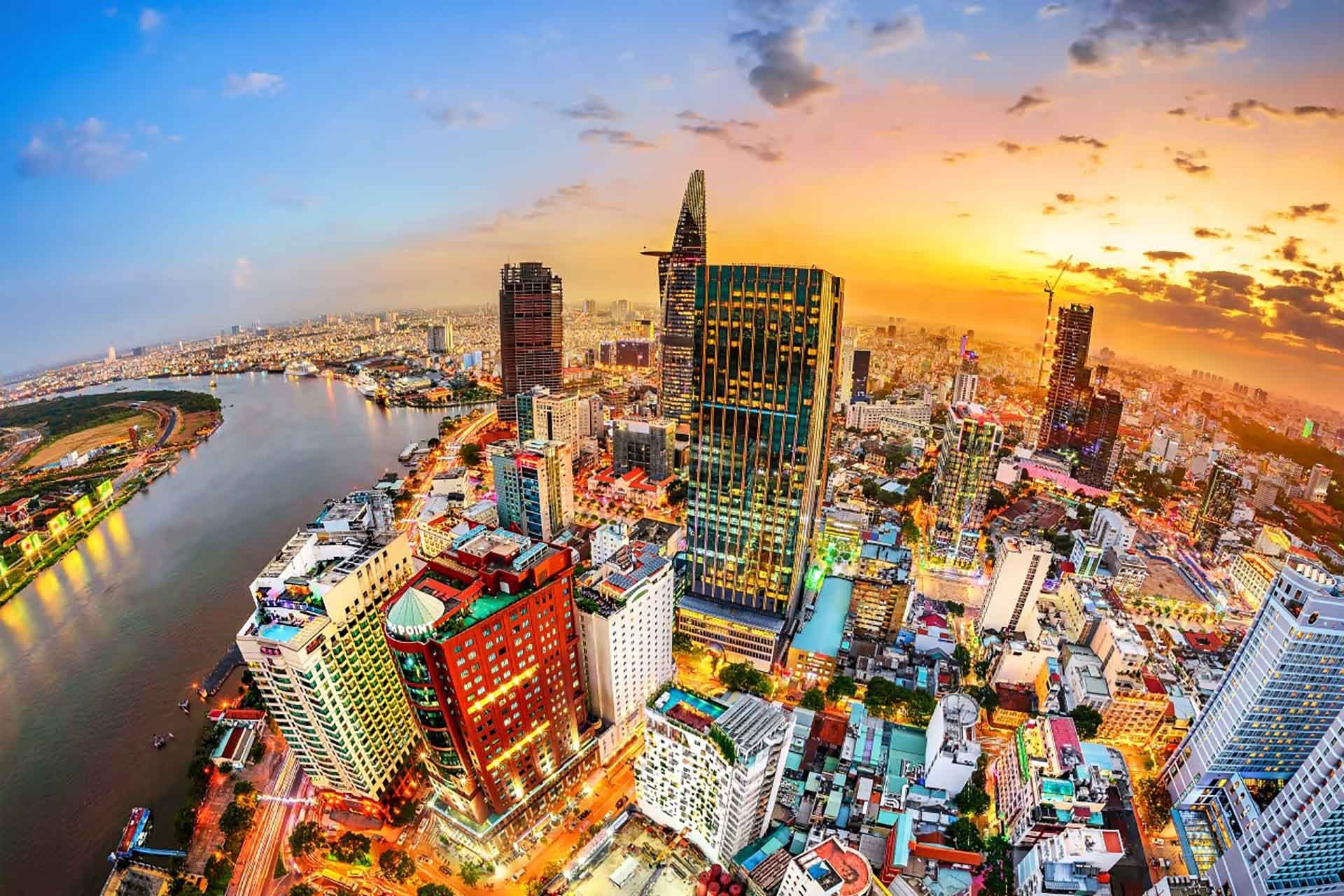 |
| Vietnam moves up 4 places in economic freedom index. (Source: Getty Image) |
Thus, internationally, Vietnam's economic freedom index is recognized to have made significant improvements. This is good evidence to affirm that Vietnam's economy operates basically according to market mechanisms.
This increase is relatively high compared to other countries in the Southeast Asian region. Of course, when comparing the rankings in ASEAN-6, the level of economic freedom of Vietnam is still behind Singapore, Malaysia, Thailand, the Philippines and Indonesia; requiring the entire economy to make further reform efforts to achieve a higher ranking.
In addition, strengthening cooperation and learning from experiences with "ASEAN neighbors" is also very important, especially with Malaysia ranked 56th in the world with an economic freedom index of 7.19 or Singapore continuing to top the list with the highest index in the world (8.56 points).
Although Vietnam's ranking is still low, it has improved significantly compared to 2019 - up 19 places in two years. The economy has been steadily increasing in rank since 2015, partly reflecting the correct economic policies and at the same time, showing the Government's efforts in restructuring towards developing a full market economy and international integration.
The increase was recorded in 4/5 main component indices. Of which, the legal system and property rights (ranked 77th), increased from 4.96 to 5.15 points; sound currency (ranked 128th), increased from 6.96 to 7.02 points; international trade freedom (ranked 98th), increased from 6.4 to 6.52 points; regulations on credit, labor and business (ranked 103rd), increased from 6.08 to 6.10 points.
Domestic and foreign economic experts believe that Vietnam is likely to maintain high growth momentum in the future despite facing many difficulties and challenges. Therefore, Vietnam still needs to continue taking the right steps to seize future opportunities and manage risks.
The Economic Freedom of the World Index measures individuals' economic freedom - their ability to make their own economic decisions - by analyzing the policies and institutions of 165 countries and territories. Specific institutions and policies are considered and analyzed, from state management regulations, international trade freedom, size of government, legal system and property rights, and sound monetary policy.
A comprehensive review of Vietnam’s World Economic Freedom Index, along with detailed analysis behind each indicator, in relation to other similar countries, is necessary. From there, many policy recommendations are made by experts to help Vietnam improve its indicators, as well as open up opportunities to achieve new goals in the coming time, through promoting economic freedom.
Source


![[Photo] Ho Chi Minh City people's affection for the parade](https://vstatic.vietnam.vn/vietnam/resource/IMAGE/2025/4/26/7fcb6bcae98e46fba1ca063dc570e7e5)
![[Photo] Young people line up to receive the special supplement commemorating the 50th anniversary of the Liberation of the South of Nhan Dan Newspaper](https://vstatic.vietnam.vn/vietnam/resource/IMAGE/2025/4/26/9e7e624ae81643eba5f3cdc232cd07a5)
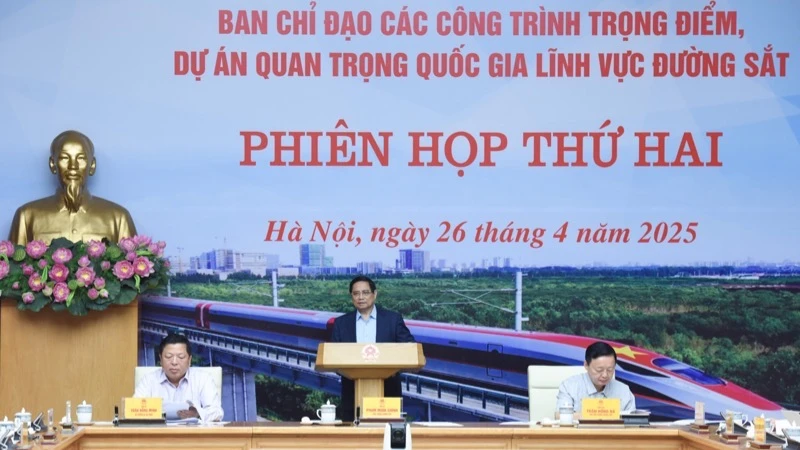

![[Photo] Prime Minister Pham Minh Chinh chairs meeting of Steering Committee for key projects and railway projects](https://vstatic.vietnam.vn/vietnam/resource/IMAGE/2025/4/26/b9534596258a40a29ebd8edcdbd666ab)
![[Photo] Readers' joy when receiving the supplement commemorating the 50th anniversary of the liberation of the South and national reunification of Nhan Dan Newspaper](https://vstatic.vietnam.vn/vietnam/resource/IMAGE/2025/4/26/283e56713da94988bf608393c0165723)
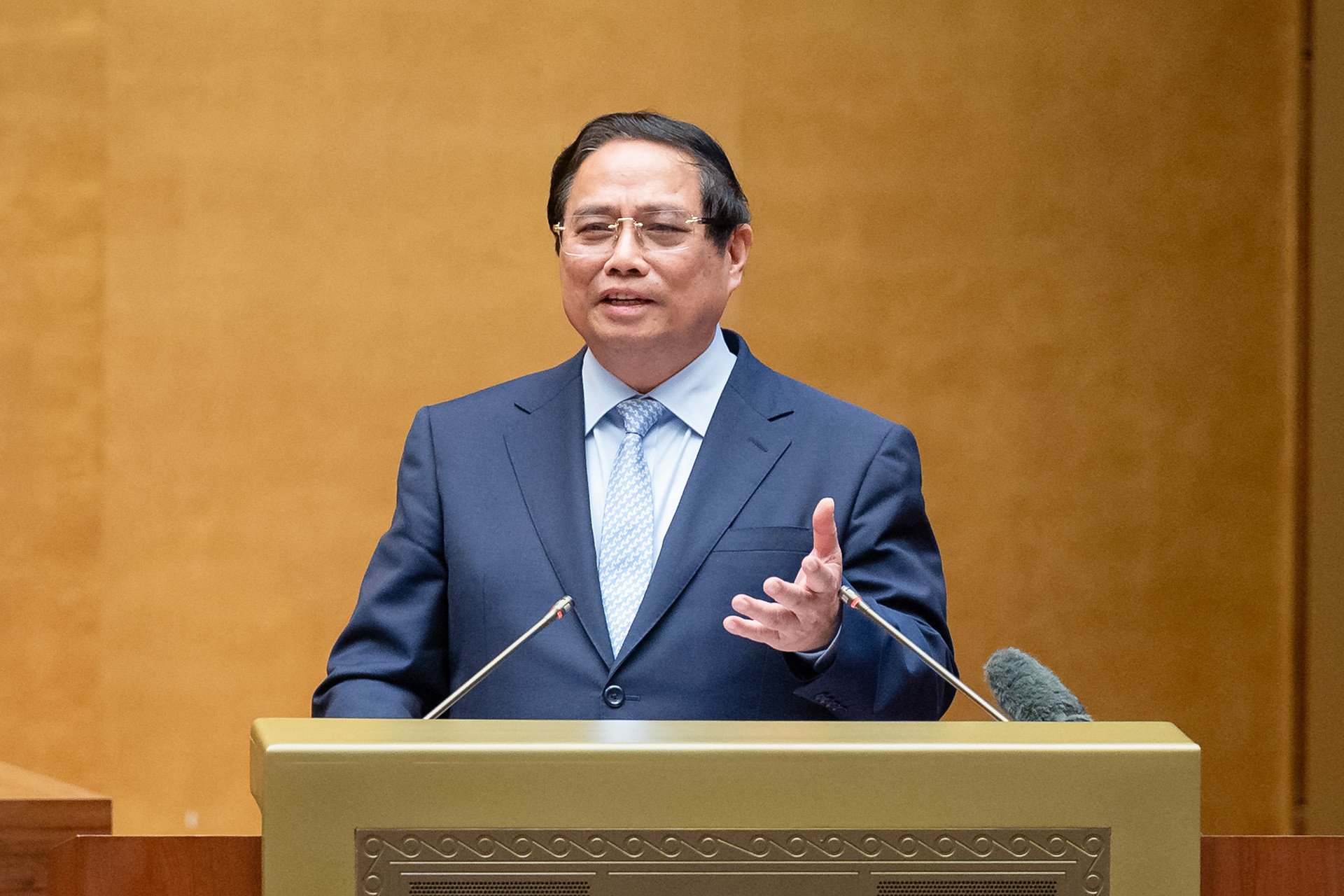



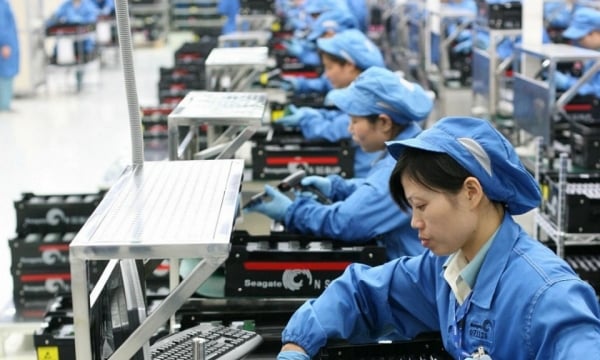

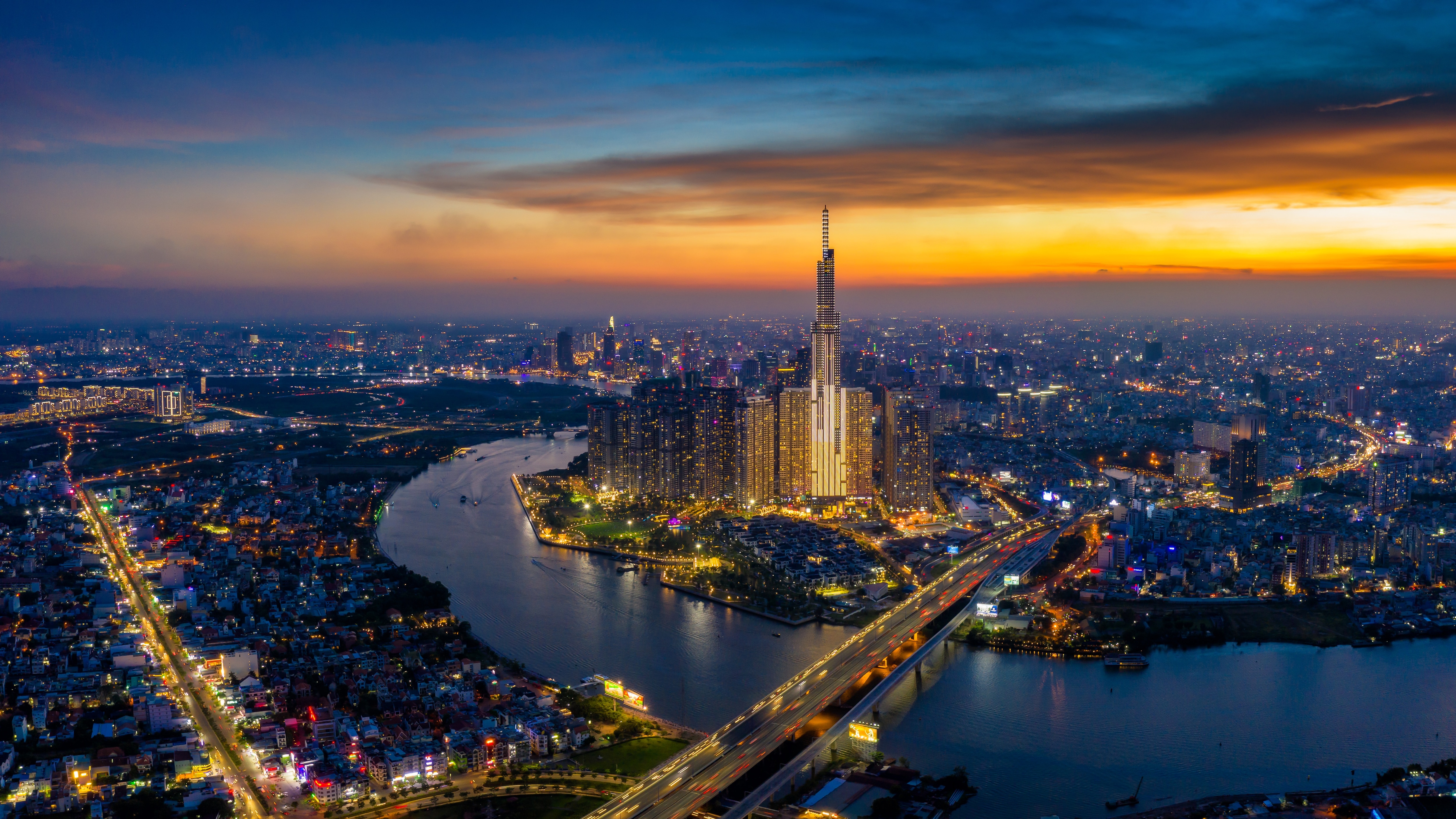
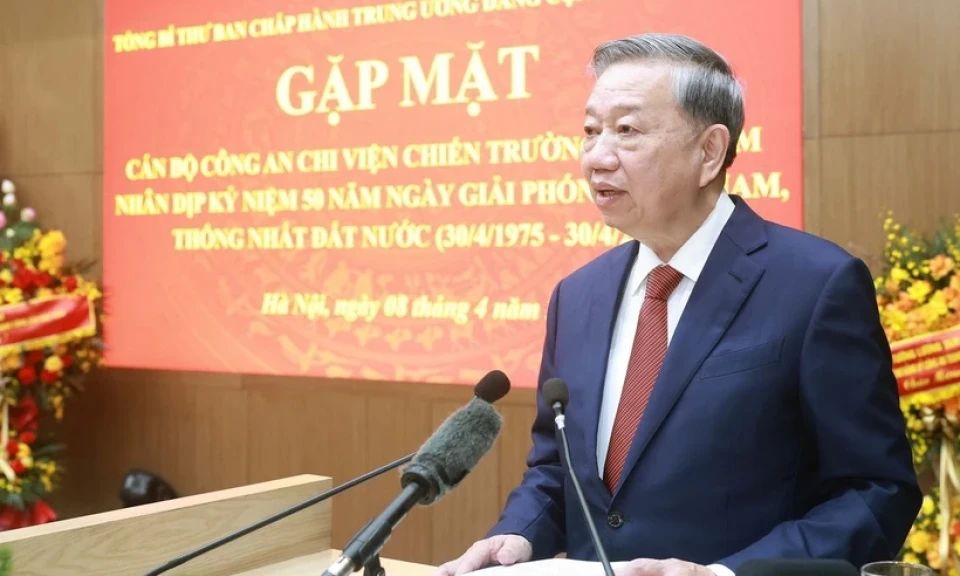

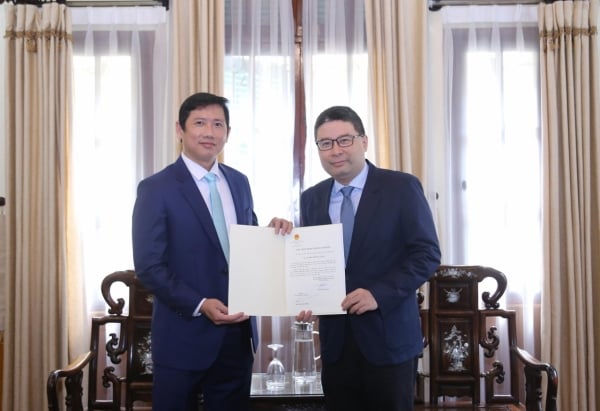
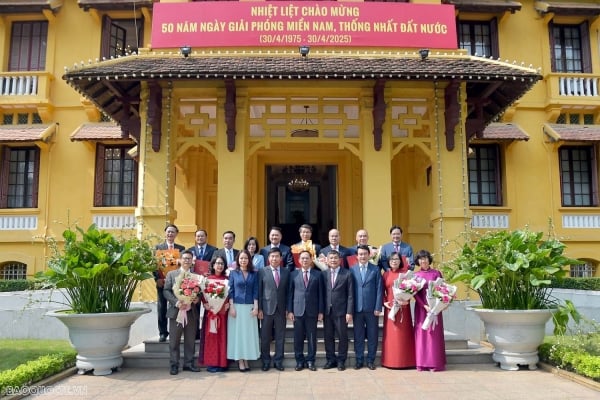
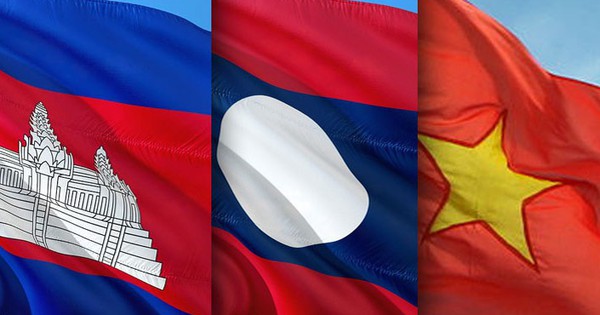


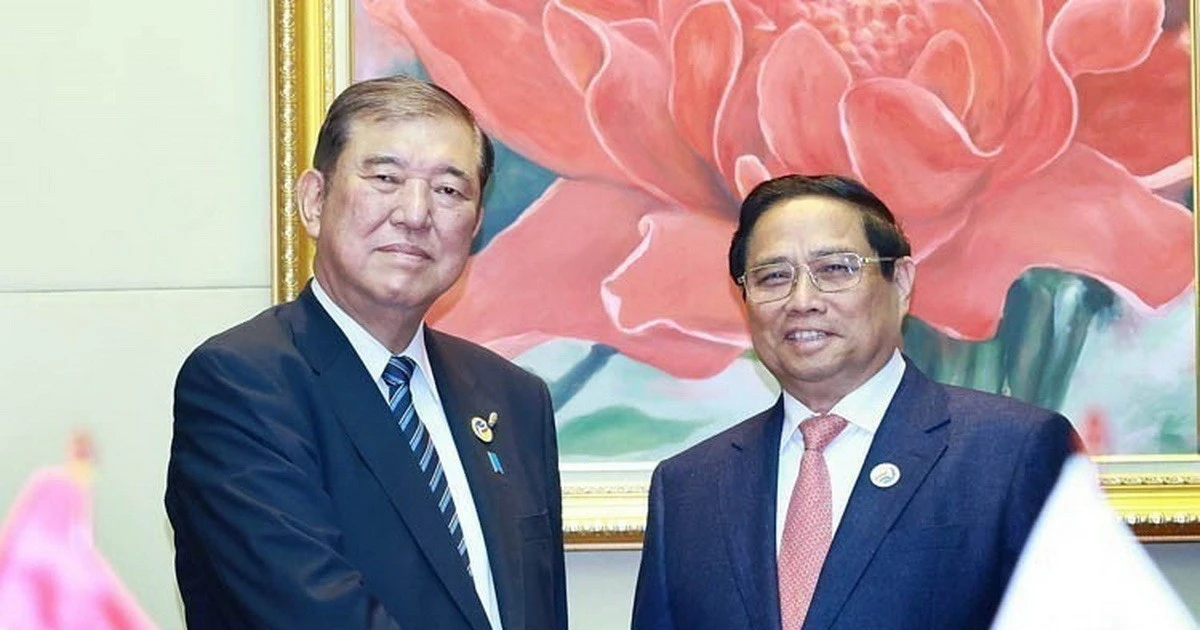


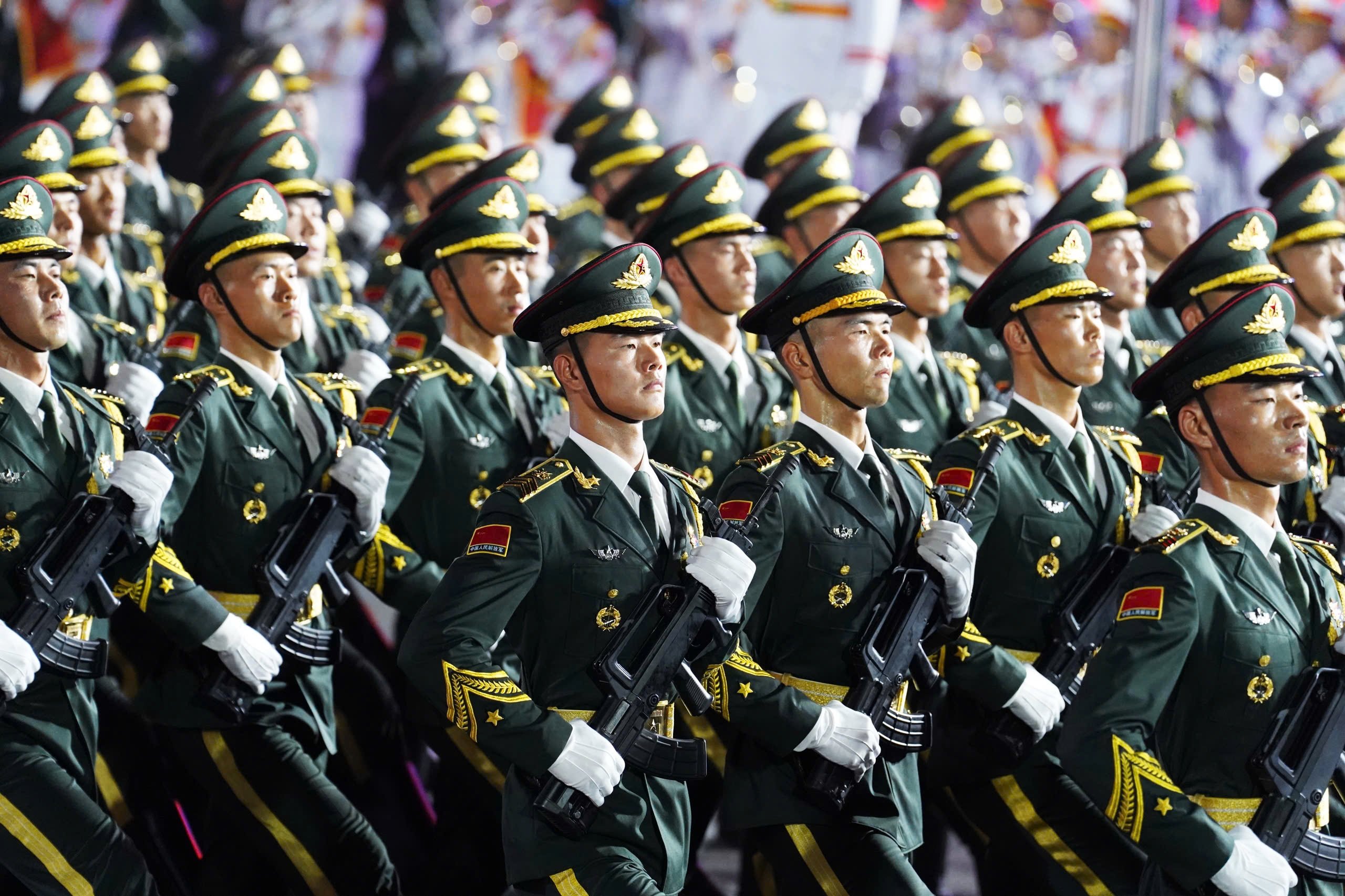


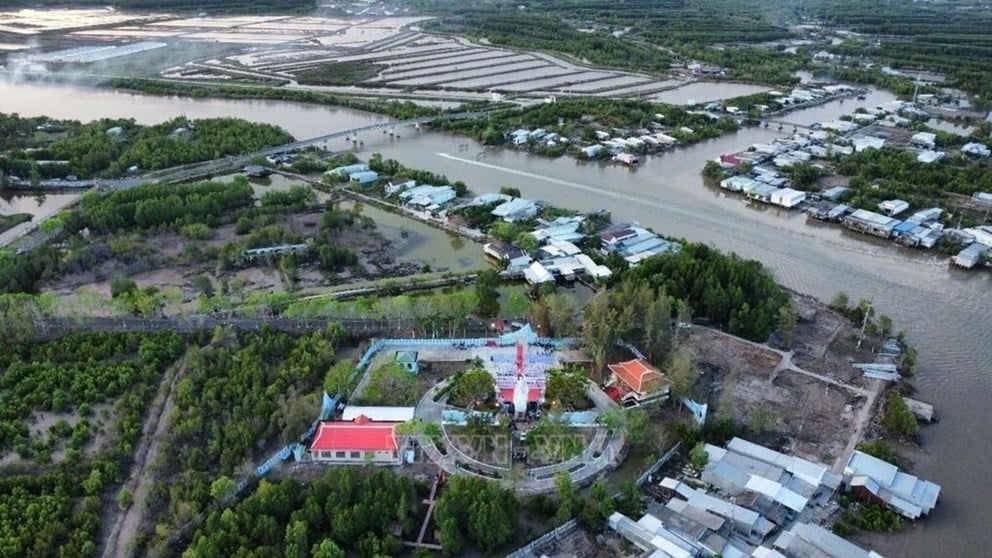

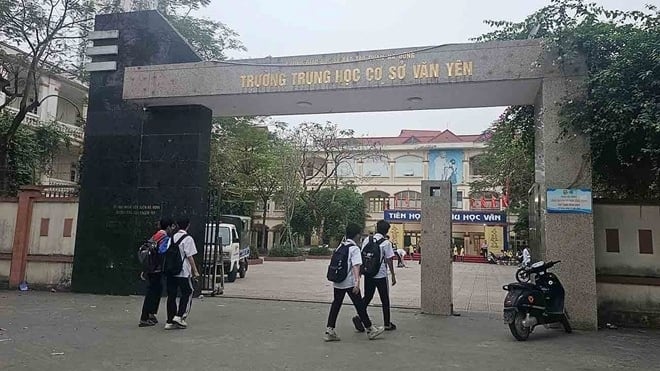






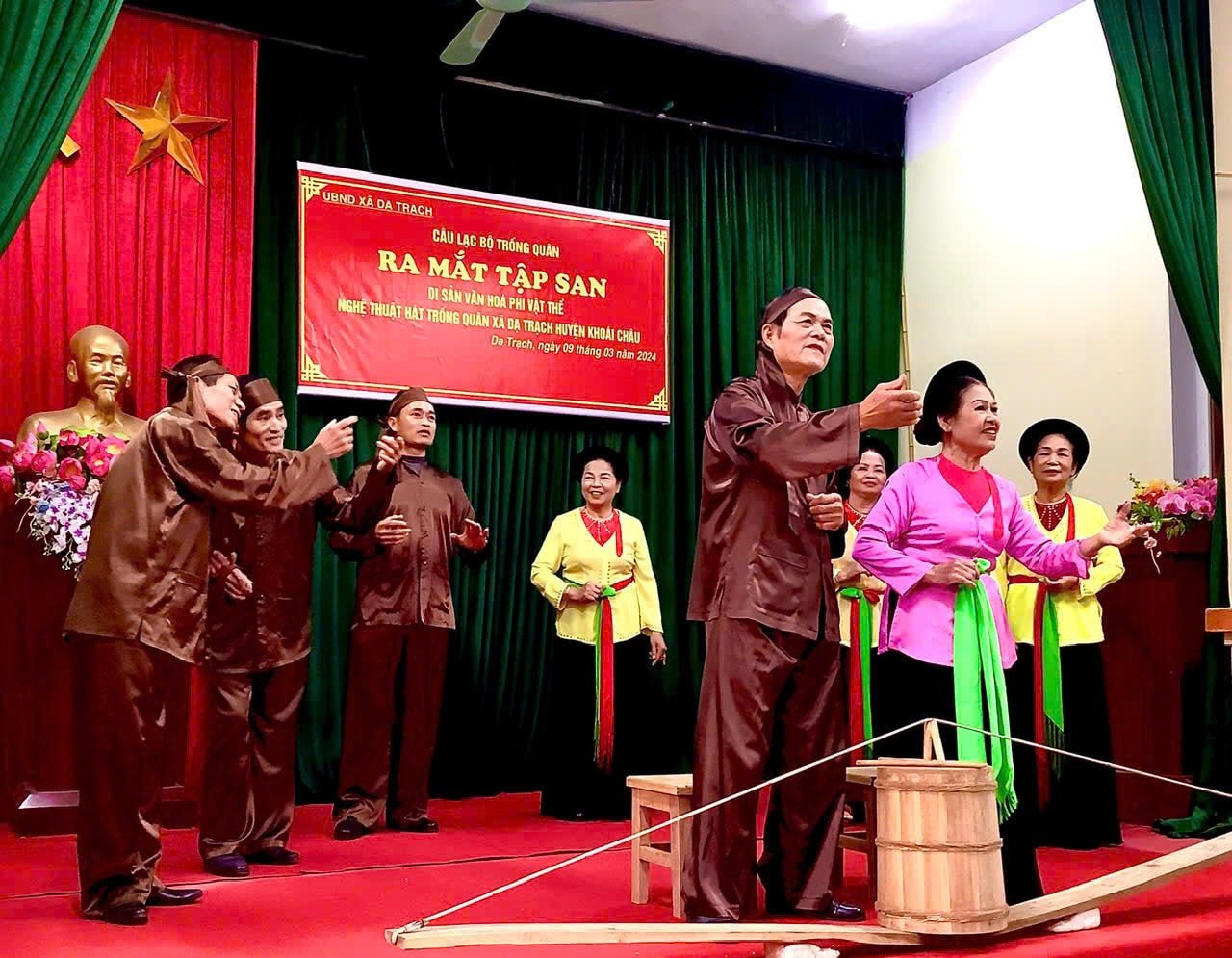

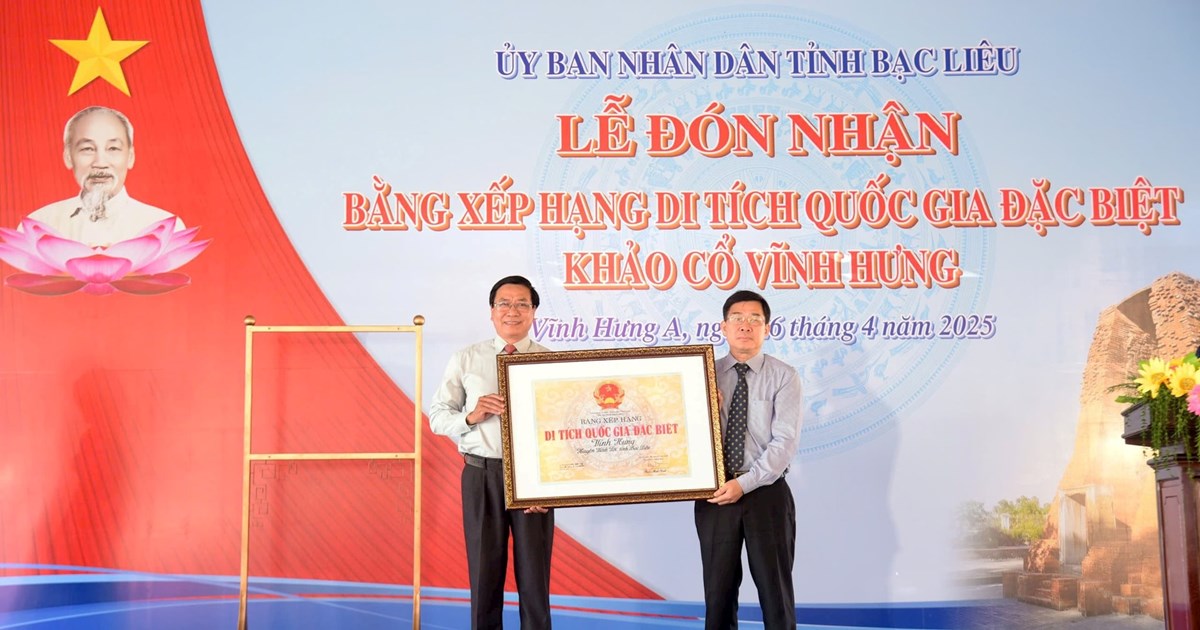



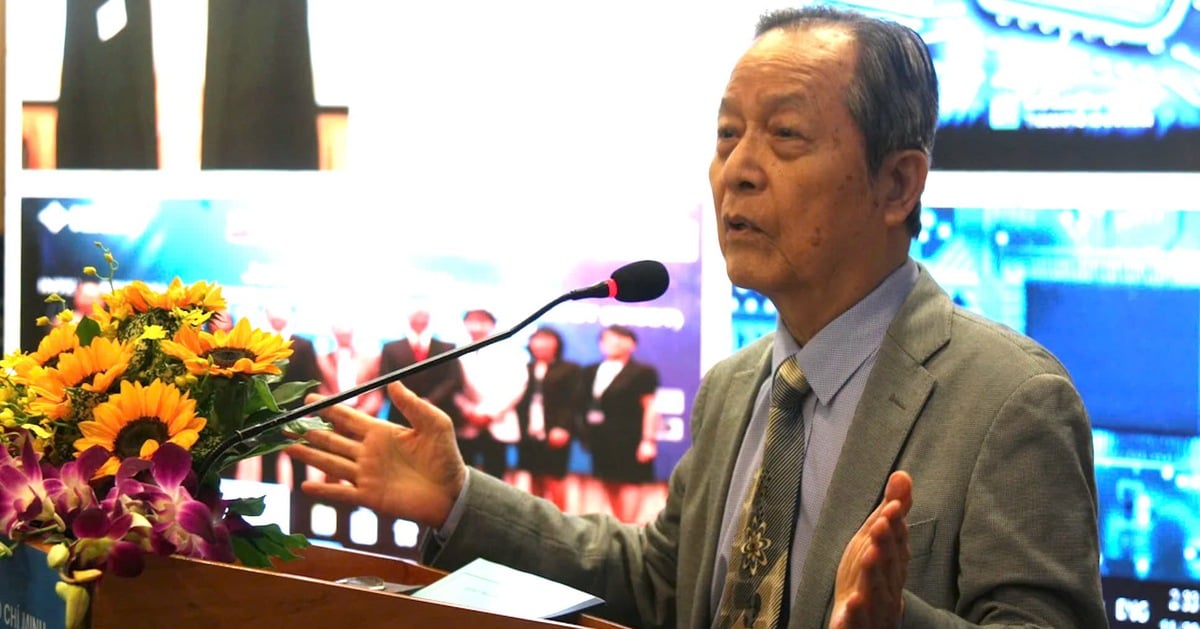

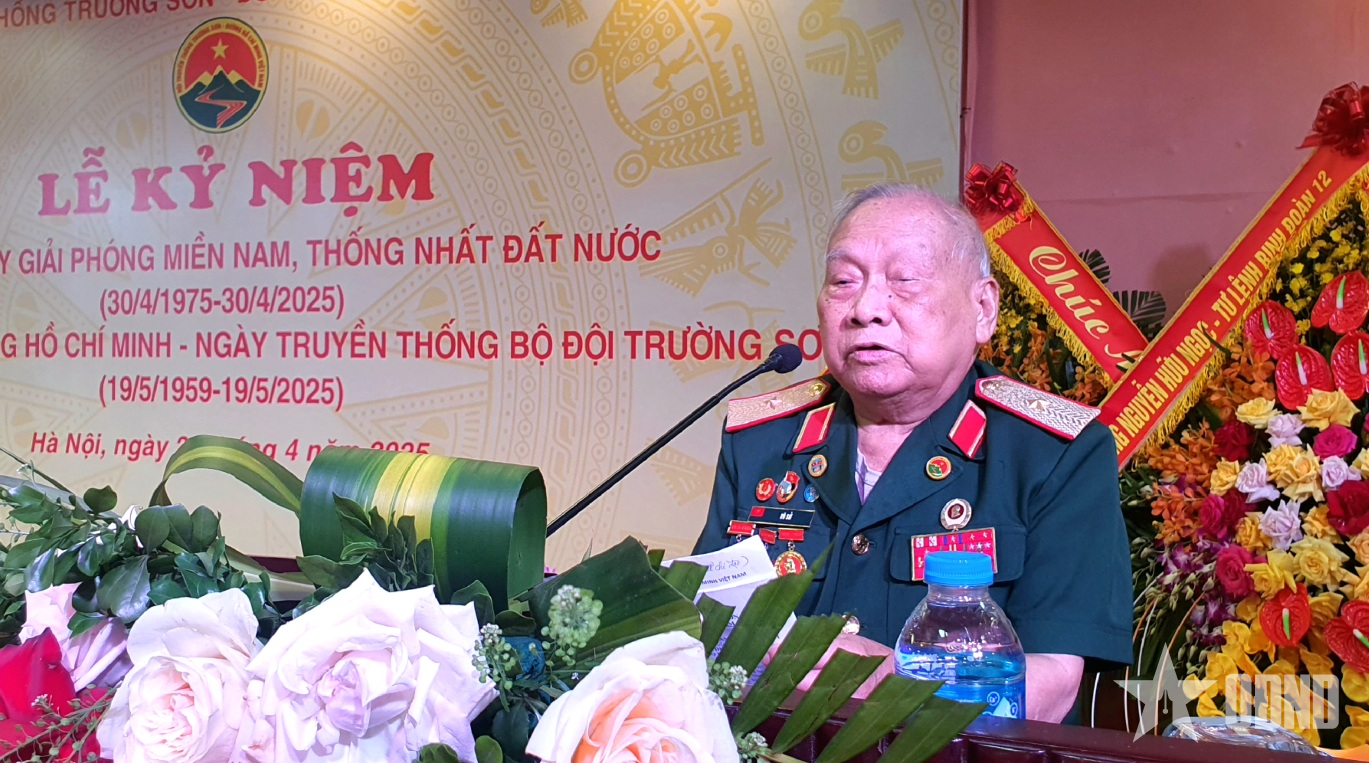

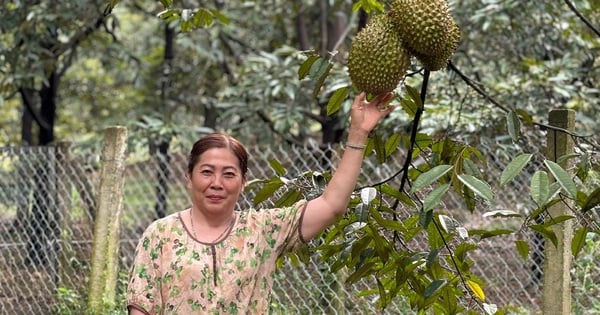







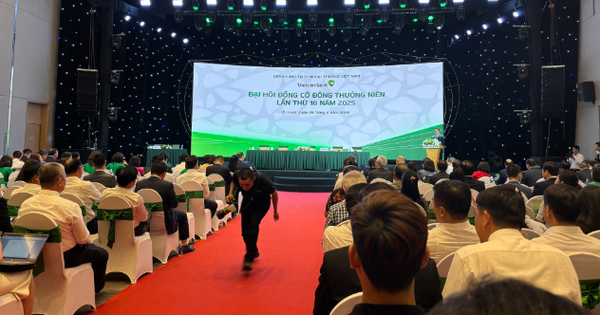



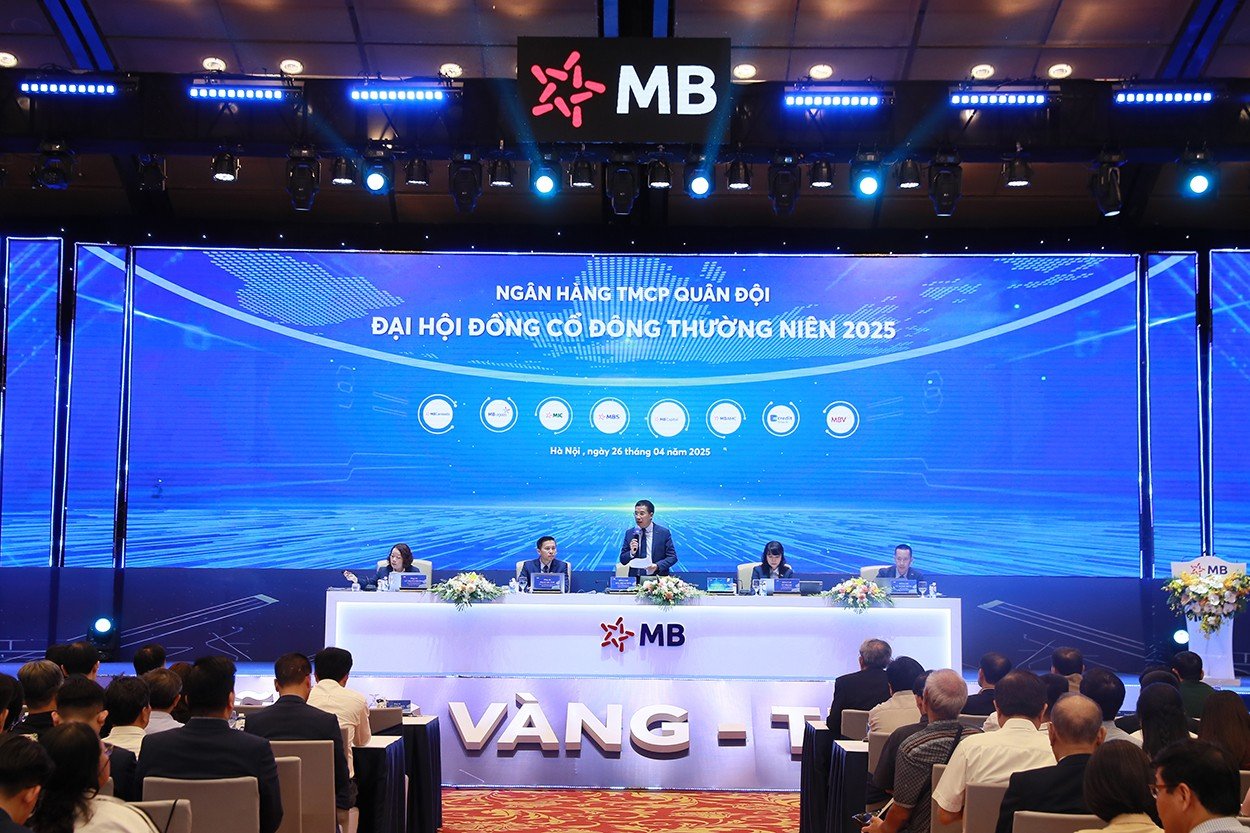








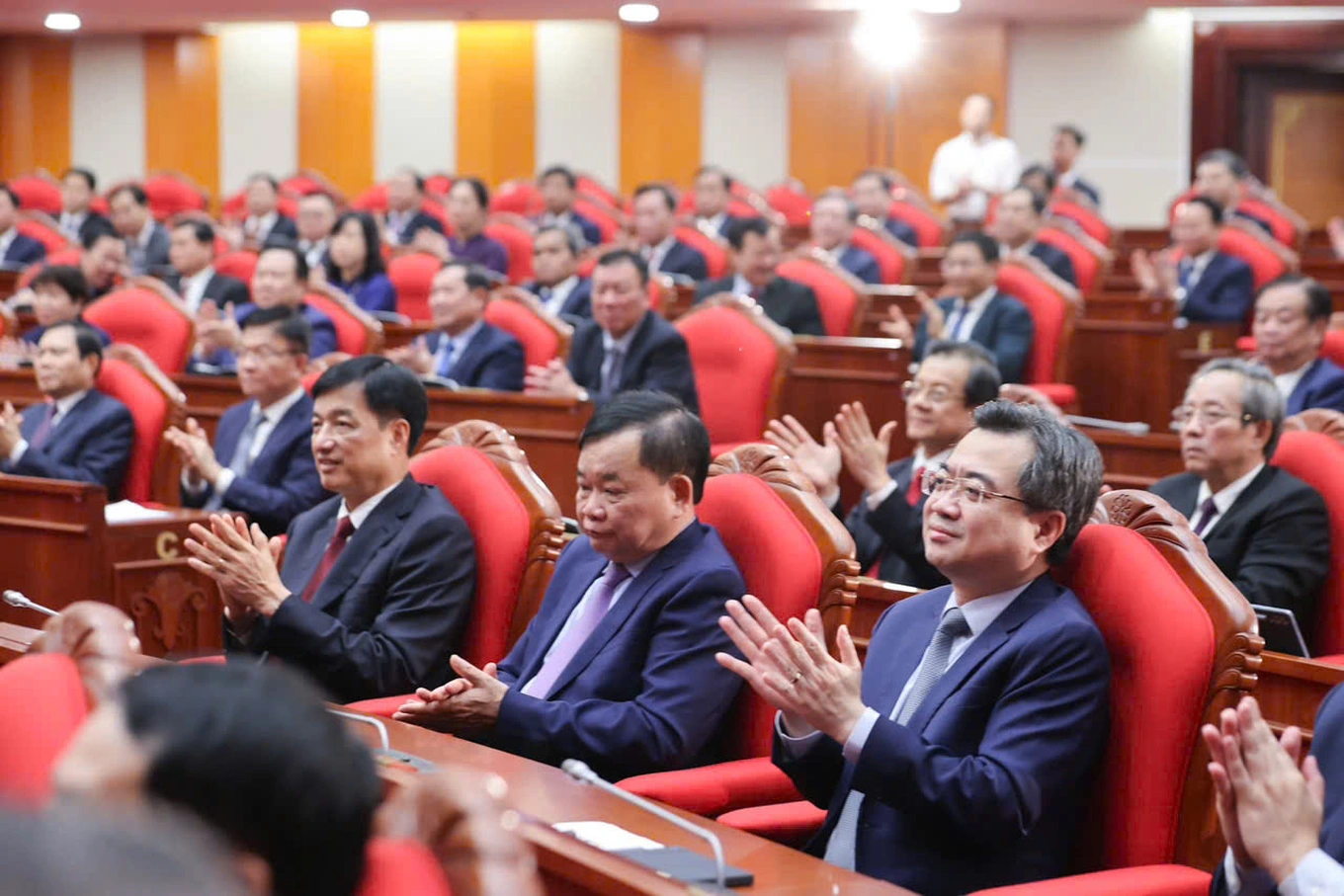
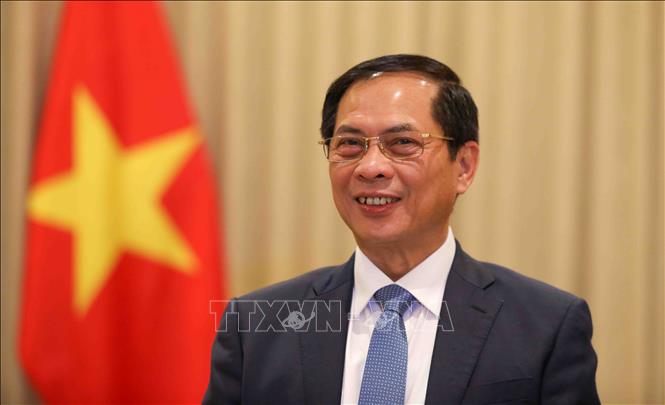

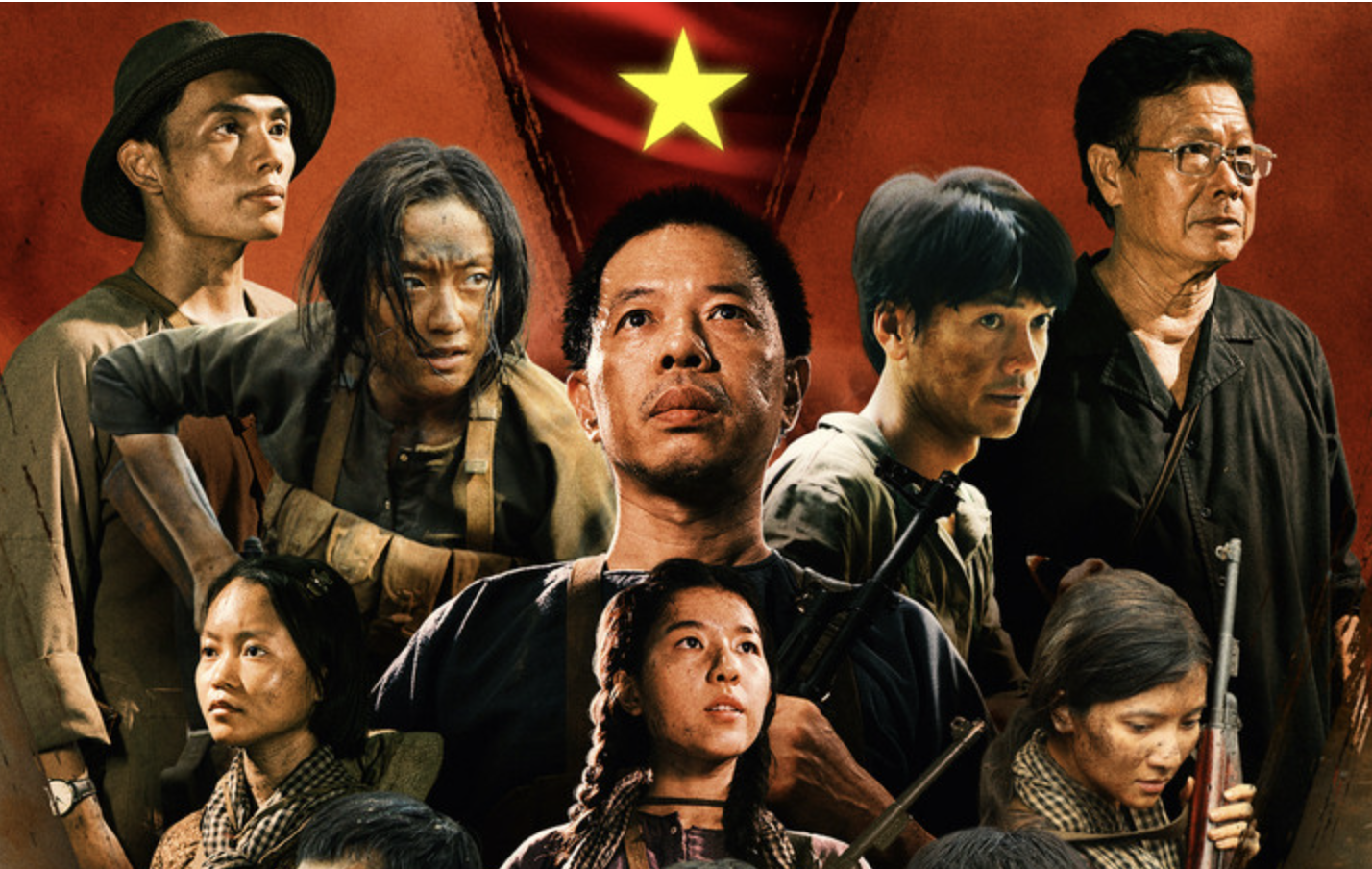
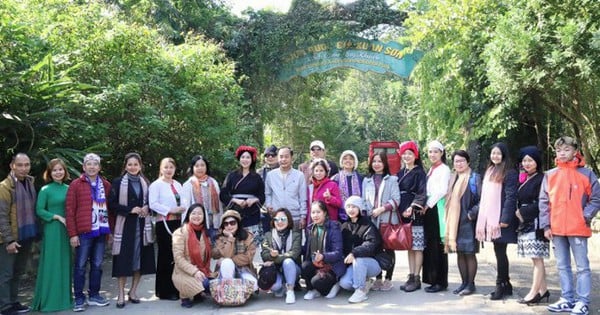



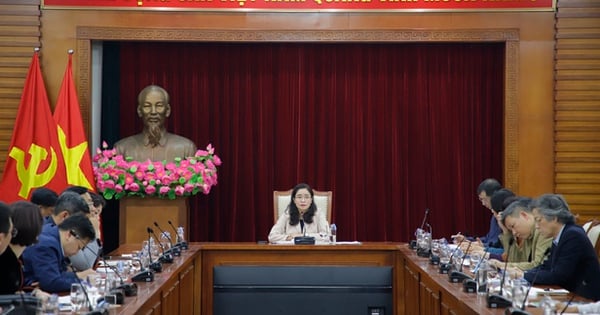





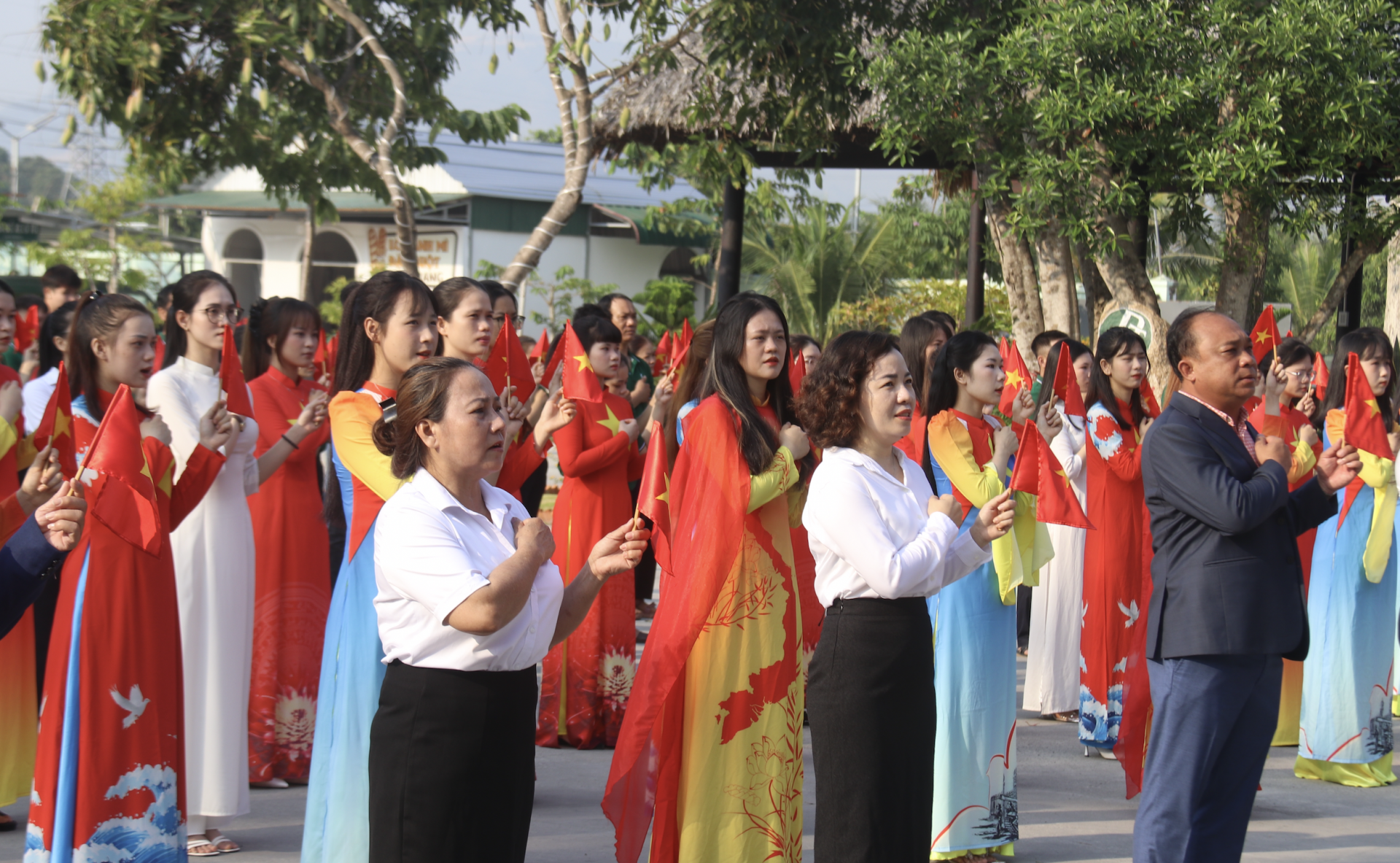




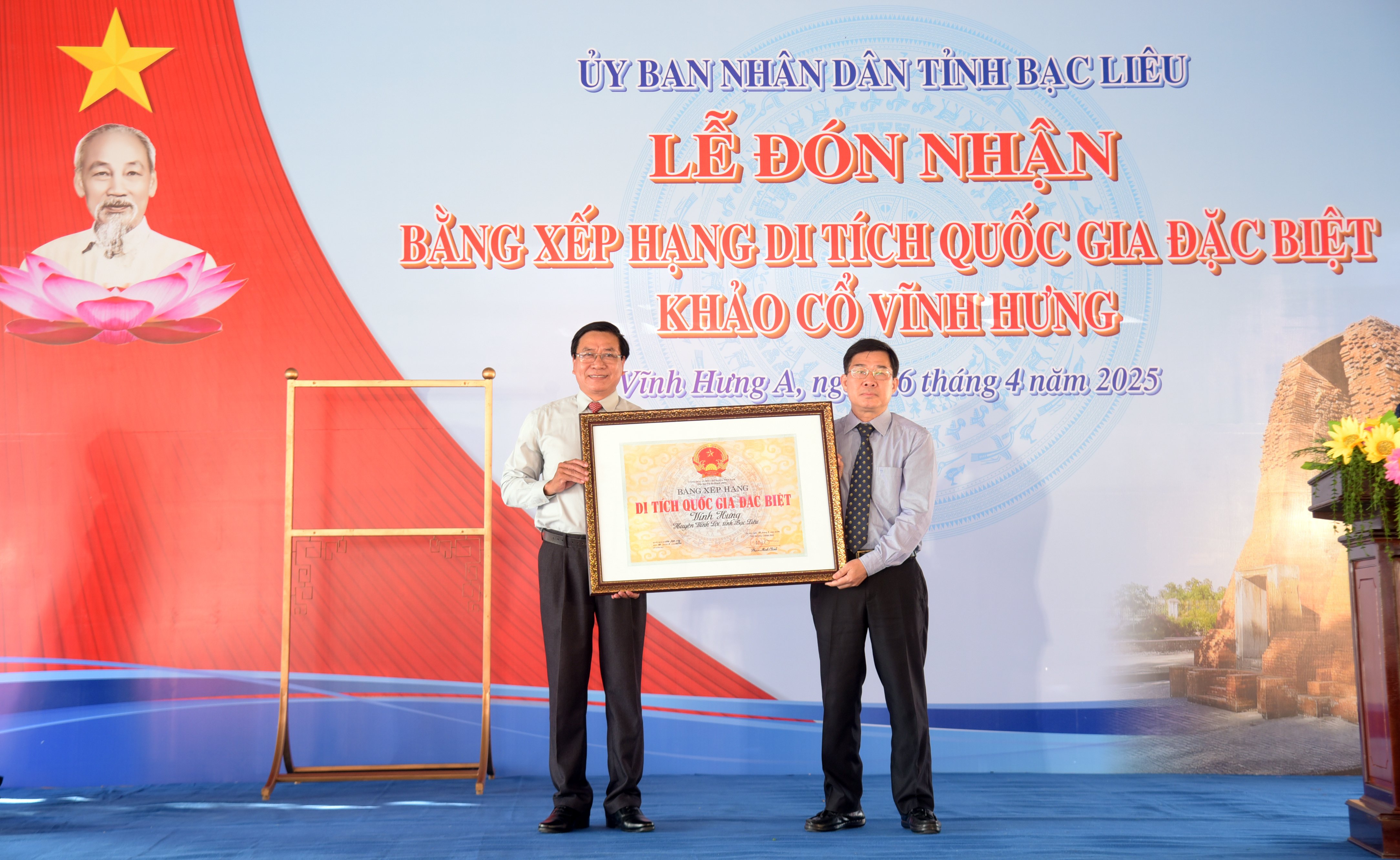

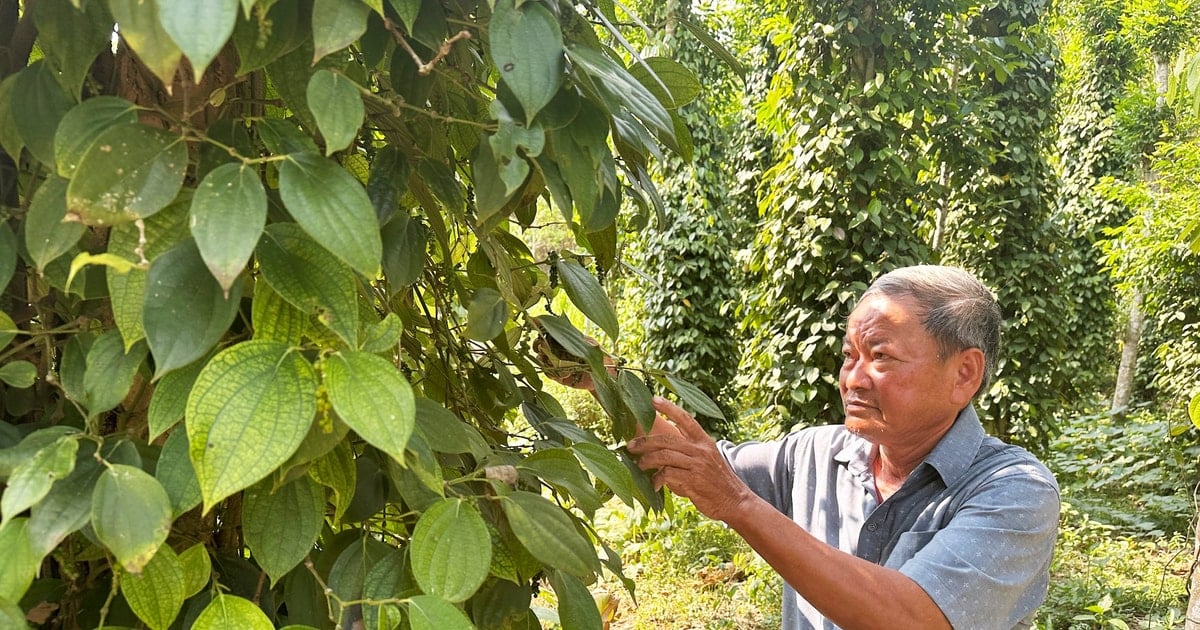

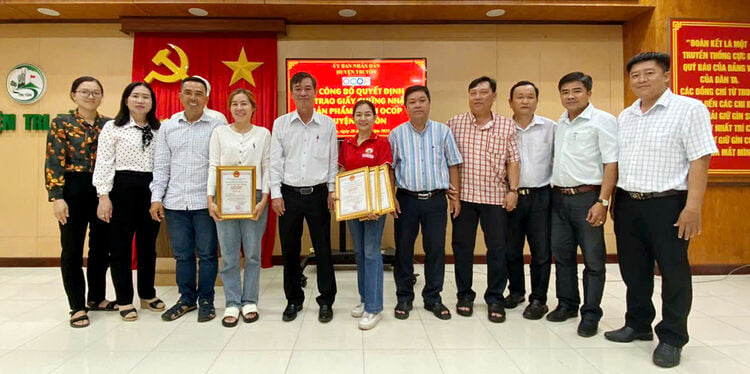

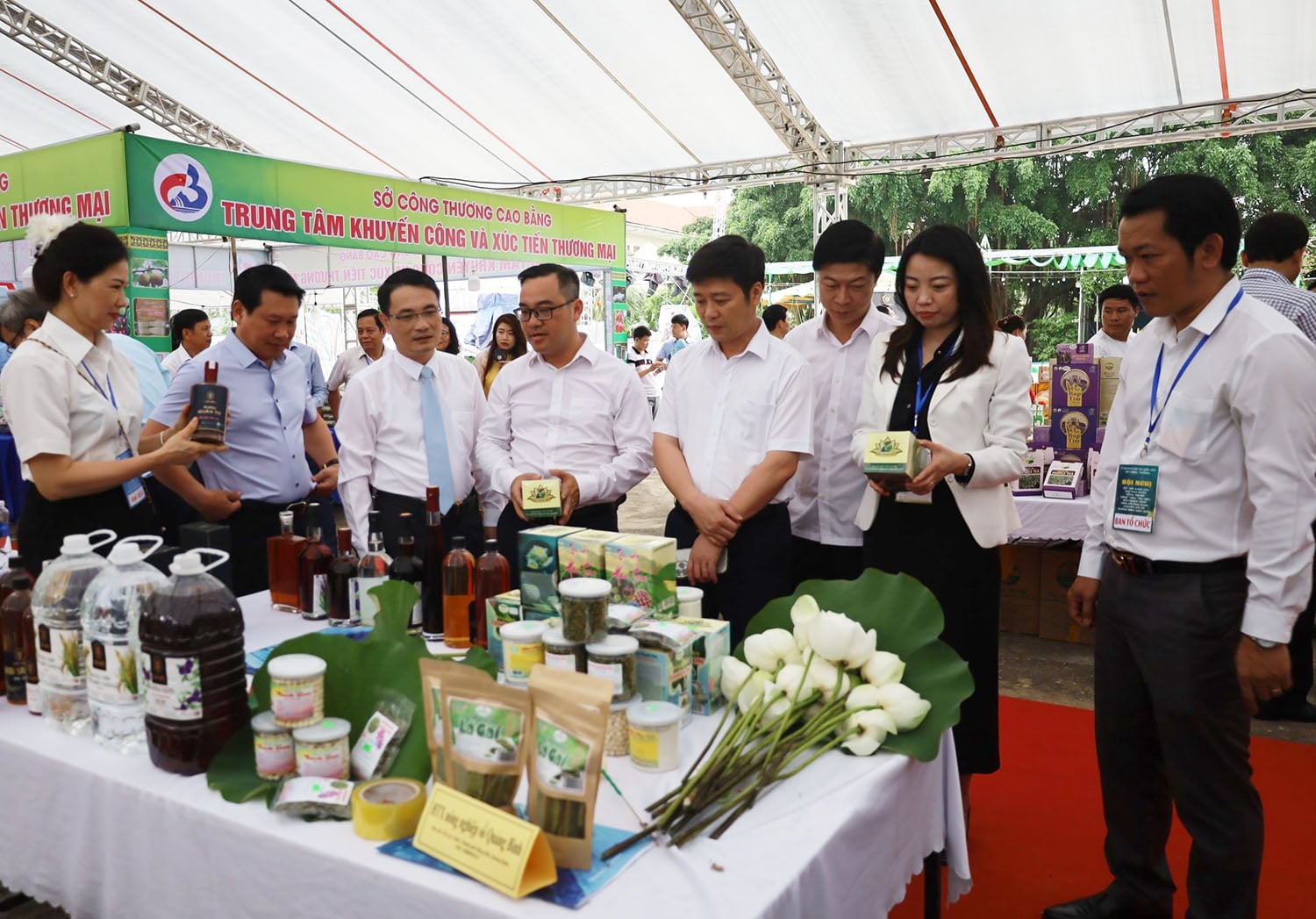




Comment (0)